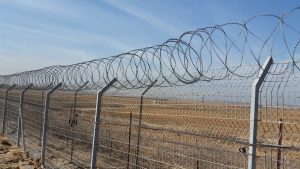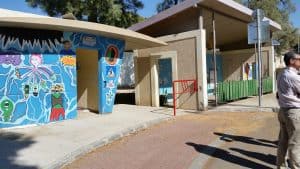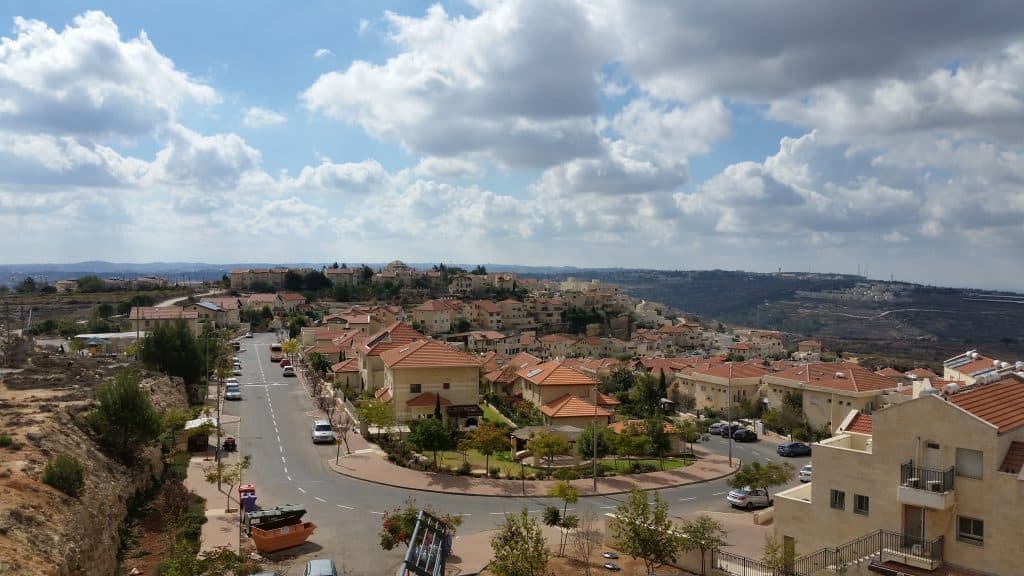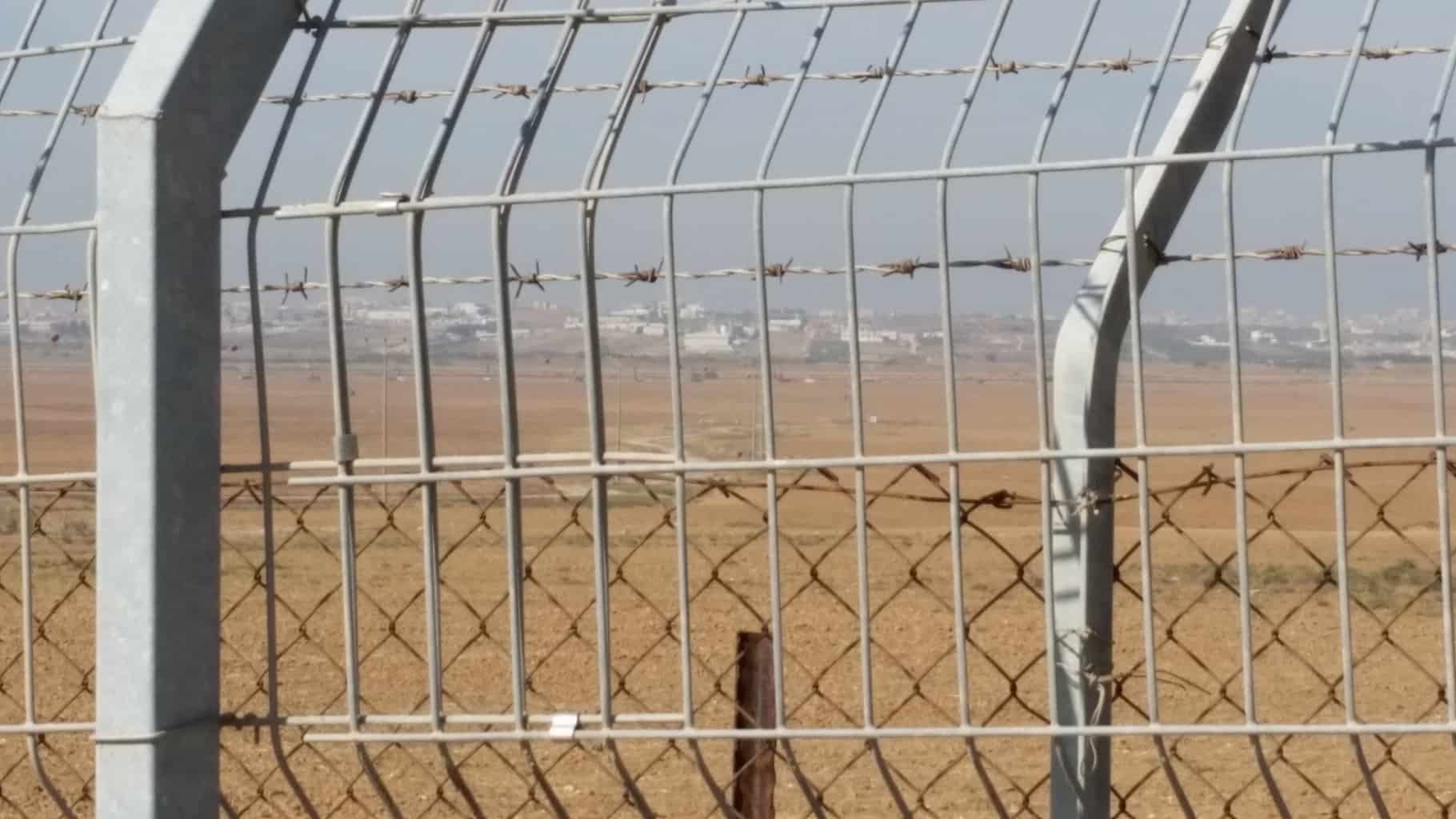The Memphis group returns today from Poland and Israel, where they visited many historic sites and diverse communities, including the city of Shoham, Memphis’ newly-named Israeli partner city. The JCP/MJCC-sponsored trip connected the travelers to their Jewish history, taking them to important sites from the recent past. Here, our director of community impact, Bluma Zuckerbrot-Finkelstein, shares her thoughts about the security measures they saw, up close and personal.
Israel Today: Security
One cannot explore contemporary Israel without looking at Israel’s security. We have had several opportunities to delve deeply into this critical issue.
We drove to Neve Daniel in the Gush Etzion area and stood atop its observation deck with an expansive view of the country. It doesn’t matter how many maps you have pored over or how many videos you have watched- there is nothing like seeing Israel’s narrow borders up close and personal.
We looked at the separation barrier in several locations and at a checkpoint that has been redesigned to minimize casualties in case of a suicide bomber.
The checkpoint was in Bethlehem, steps from Rachel’s Tomb. We decided to make an impromptu visit. It really did fit in- we connected to our spiritual security.
 Givat Hatachmoshet (Ammunition Hill), was the site of a major battle for Jerusalem. There we heard a briefing from a young Israeli lawyer who is an expert in the ethics of warfare. He shared with us several examples from his own unit of how soldiers went above and beyond the laws of warfare in order not to kill Palestinian civilians. Today, military officials from other countries come to Israel to study how to be a moral army.
Givat Hatachmoshet (Ammunition Hill), was the site of a major battle for Jerusalem. There we heard a briefing from a young Israeli lawyer who is an expert in the ethics of warfare. He shared with us several examples from his own unit of how soldiers went above and beyond the laws of warfare in order not to kill Palestinian civilians. Today, military officials from other countries come to Israel to study how to be a moral army.
This concern with being moral was brought to life in Yerucham, at our Ethnic Cooks lunch, when we were joined by several young men participating in a JAFI-sponsored Mechina (pre-army) program in the desert city. Taking their future roles as Israeli soldiers incredibly seriously, these young adults are preparing themselves for what lies ahead. One of them spoke movingly about properly preparing himself for the weighty responsibility of using a gun. We all walked out feeling confident that Israel is in good hands with the next generation of Israeli soldiers.
Following our day in the desert, we drove to a Kibbutz on the Israel-Gaza border. Standing by an electronic fence, peering at Gaza City only a few miles away, was chilling. Again, knowing something intellectually is nothing like actually experiencing it.
We were surprised to hear from Ralph, our Kibbutz tour guide (from Namibia- did you know that there were Jews in Namibia?) that the Kibbutz has 800 members with a waiting list. This is a community that has been hit repeatedly over the years by Hamas rockets and mortars. They have had to build bomb shelters every 50 yards since one has only 15 seconds to reach safety. Terrorist tunnels have been uncovered near the Kibbutz. And, the Kibbutz is now facing a new, more dangerous threat: the laser-guided Kornet missile. Yet this Kibbutz has a waiting list! How is that possible? One word answer: Zionism.

